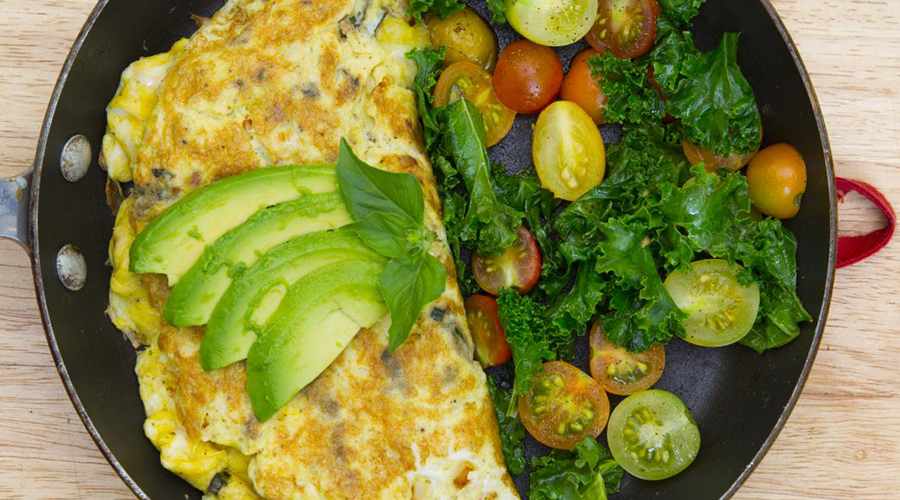
It is a known fact that obesity is a widespread and life threatening epidemic. Heart issues, high blood pressure, osteoarthritis and even diabetes are only a few of the several problems that could arise due to obesity. But it is not an incurable sickness. As we all know, something as simple as watching what we eat can have a profound effect on our health. So now the question is, what exactly do we eat?
The Diet and How it Works
There are several diet plans out there, but one that is quickly becoming popular is the insulin resistance diet. This is a type of diet that prevents insulin resistance, resulting in a wide range of benefits for our body. It works when supply our systems with foods that are rich in good fat but low on carbohydrates.
The infamous ‘Atkins’ which was very popular in the 90s was also a form of high fat, low carb diet. But initially, such diets were deemed unhealthy or as ‘fads’ as the idea of consuming high amounts of fat or cholesterol was not well received. Since then, Science has come a long way and has gone on to prove that high fat diets can actually prevent insulin resistance.
It is also a common misconception that eating more fat will make us fat. Although it seems like an obvious deduction to make, the inner workings of the human body is a lot more complex than that. Fat is actually one of the body’s most potent energy sources. But when we supply our body with refined sources of carbohydrates such as sugars, it not only switches our body into using carbs as the primary energy source but also causes a lot of hormonal changes such as high blood insulin levels. And even though insulin is a necessary hormone, it is also responsible for slowing down the burning of fat and even signals the body to store it. So, in sum, with higher supplies of fat and zero to low carbohydrates, the body gets used to the idea of burning fat for energy instead of carbs as we would have low carbohydrate levels.
It is also important to note that the body breaks down carbohydrates into glucose, excessive amounts of which will end up being stored as fat. So, eating all sugars with no fats is an idea that might sound good in theory but will only lead to effortless fat gain.
Method and Food Choices
The high fat diet does not mean we must only eat fat all the time. It must be had in combination with another essential macronutrient, protein. Protein helps in the body’s recovery process. It also helps in muscle building, the thermic effect of which can actually lead to fat loss. By following a diet that is comprised of 70% fats and 30% of carbs with little to no carbohydrate intake, the right sort of hormonal releases will be promoted, eventually resulting in loss of fat and overall betterment of health.
Checking the nutritional labels before purchasing food products can be very helpful in getting what you need. But to make things simpler, here are some food items that are high fat, low carb diet approved.
- Oils – In particular Coconut and olive oil are good sources of fat.
- Butters – Regular butter, unsweetened almond butter, unsweetened peanut butter.
- Meat – Fatty and lean meats such as turkey, fish, chicken and beef.
- Eggs – High in fat and protein.
- Nuts – Taken in small amounts.
- Vegetables – low carb, high fiber
- Cheese – Good sources of fat and protein.
All types of processed and high gluten food must be avoided. Refined source of carbs such as rice, pasta, bread and most importantly sugar must be avoided at all costs.
Conclusion
There is no miraculous procedure that will help you lose weight instantly. Just like the high fat diet we’ve discussed today, the route you decide to take must be backed by science and must be followed accurately. And eventually with hard work, focus and the most important factor of all, consistency, your efforts are guaranteed to pay off! All the Best!
